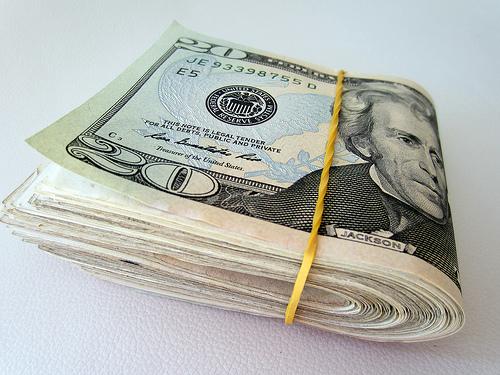Running a small business can be extremely profitable and less stressful when you put certain practices into place. First and foremost, you need to create policies and guidelines outlining how you and your employees can safely handle cash. Even though there are some pitfalls of using and accepting cash as a form of payment, this option still serves as a way to boost revenue and is vital to meeting the needs of your customers. Let's explore three tips for safely handling cash in your small business.
Implement a Standardized Process
The Internal Revenue Service (IRS) requires businesses to prove they know how to safely handle cash. When you develop and implement a standardized process for cash handling, this keeps all of your workers on the same page and it also proves to the IRS there is no type of embezzlement or internal theft taking place. The cash handling processes you create should be easy to understand and must be incorporated into a one-size-fits-all guideline for all employees to follow. For example, all employees should follow the same routine when it comes to counting, balancing, and depositing cash. You also need to be aware of IRS cash transaction rules and laws. For example, if you make a payment of more than $10,000 to a vendor, this type of transaction must be handled differently than a $2,000 payment. Generally, the most effective way to stay compliant with IRS guidelines is to hire a professional and experienced accountant.
Establish a Petty Cash Account

Establish a cash account
All small businesses will benefit from establishing a petty cash account. If you are operating a laundromat, for example, having petty cash in a safe as a way to provide customers with change can help you maintain a competitive edge. You'll also want to use petty cash to open a business checking account, which can prove to be of the utmost value for bookkeeping purposes. When all of your transactions are made using a business account, this simplifies audits and helps you maintain a bird's-eye view of your company's financial status.
Do Away With Slush Funds
Many small businesses operate on a basis of requiring employees to dip into their own pockets to make up for cash shortfalls, such as when a drawer comes up short at the end of a shift. In an attempt to create a solution for this practice, employees often set up slush funds in which they set aside surplus cash to make up for short drawers. Slush funds hide the reason as to why drawers are coming up short. And they also overlook practices that are causing drawers to have a surplus of cash at the end of a shift.
This type of operation blurs safe cash handling policies. In fact, it has the potential to develop into an exploitable system that dishonest employees are sure to take advantage of. If your small business currently has a slush fund, it's best to do away with it. Safely handling cash should be a top priority for you as a small-business owner. Not only does it keep you in compliance with the IRS, but it also helps ensure that no internal theft is taking place. More so, it helps you stay on top of your finances.
This is an article provided by our partners' network. It might not necessarily reflect the views or opinions of our editorial team and management.
Contributed content